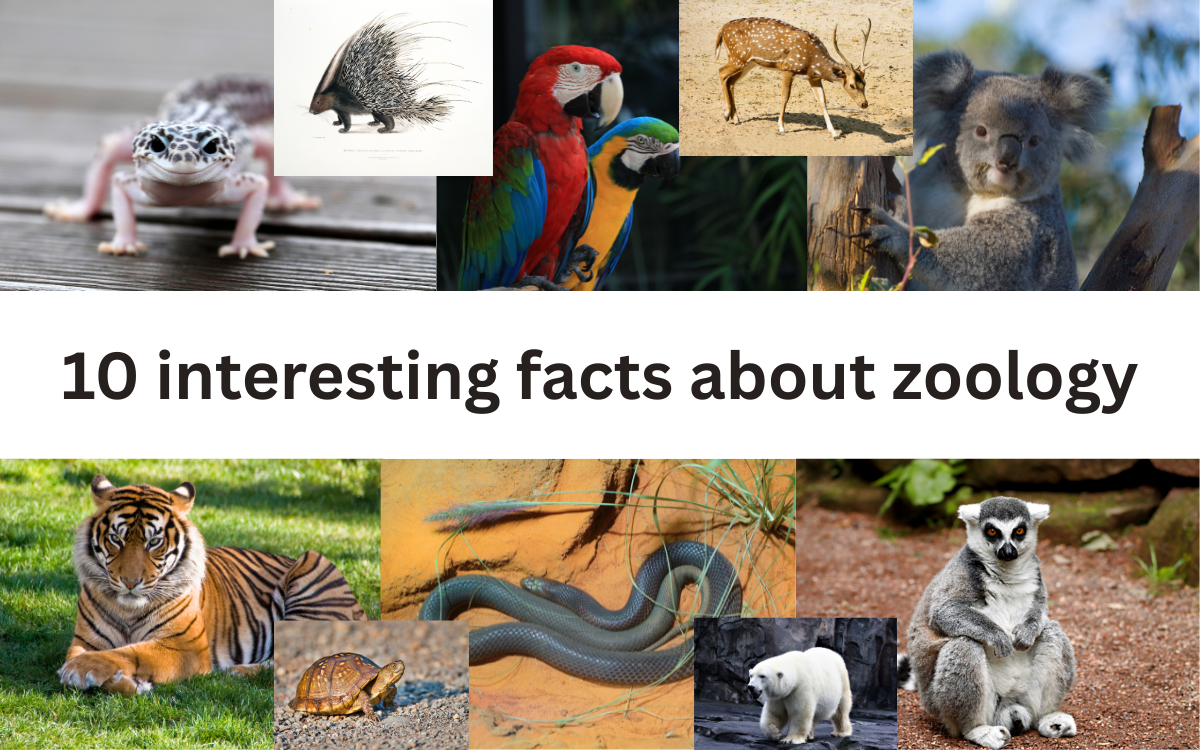10 Interesting Facts About Zoology That Will Amaze You
Zoology, the scientific study of animals, reveals countless wonders about the creatures we share our planet with. From microscopic organisms to giant mammals, the animal kingdom is full of surprises. Here are 10 fascinating zoology facts that showcase the incredible diversity and adaptability of animals.
These intelligent cephalopods have evolved a remarkable circulatory system. Two hearts pump blood to the gills, while a third maintains circulation to the organs. When swimming, the organ heart stops beating, which is why octopuses prefer crawling. Their blood is blue due to hemocyanin, a copper-based protein that's more efficient than hemoglobin in cold, low-oxygen environments.
These pink birds have one of the most colorful collective nouns in the animal kingdom. Their distinctive color comes from carotenoid pigments in their diet of algae and crustaceans. Interestingly, flamingo knees are actually their ankles - what appears to be their knee is actually their wrist joint!
Comparative Anatomy: Surprising Animal Features
| Animal | Unique Feature | Purpose |
|---|---|---|
| Platypus | Electroreception | Detects electrical fields of prey in water |
| Narwhal | Spiral tusk (up to 3m) | Sensory organ that detects water salinity |
| Tardigrade | Extreme durability | Survives in space, extreme temps, and radiation |
| Mantis Shrimp | 16 color receptors | Sees colors humans can't imagine (UV to infrared) |
The basilisk lizard, nicknamed the "Jesus Christ lizard," can sprint across water surfaces for distances up to 20 meters. They achieve this through rapid slapping motions with their large feet that create air pockets, combined with their light weight (about 200 grams) and high speed (1.5 meters per second).
Animal Longevity Comparison
(Average lifespan in years)
- Mayfly: 24 hours (adult stage)
- Mouse: 2-3 years
- Elephant: 60-70 years
- Galapagos Tortoise: 100+ years
- Greenland Shark: 300-500 years
Research shows cows form close friendships with 2-4 preferred companions. When separated from these friends, their heart rates increase and they show signs of stress. This social bonding is crucial for their well-being and even affects milk production.
Extraordinary Animal Behaviors
Dolphins develop unique signature whistles that function like names. They can recognize these whistles even when played back through computer synthesizers, demonstrating complex communication skills. Dolphins will also sometimes mimic the signature whistles of absent companions, possibly "calling" them.
Leafcutter ants cultivate fungus gardens, making them one of the few animals besides humans that farm. They use freshly cut leaves as fertilizer for their fungal crops, which serve as their primary food source. This symbiotic relationship has existed for about 50 million years.
The Turritopsis dohrnii jellyfish can revert to its polyp stage after reaching maturity, essentially resetting its life cycle. This process can theoretically continue indefinitely, making it the only known biologically immortal animal. However, most still die from predation or disease.
Evolutionary Marvels
Modern birds are direct descendants of theropod dinosaurs like Velociraptor. Key evidence includes:
- Similar skeletal structures
- Feathers found on many dinosaur fossils
- Nesting behaviors preserved in fossil records
- Some dinosaurs had wishbones (furcula) like birds
The largest animal ever known to have existed has equally impressive anatomy:
- Heart weighs about 400 pounds (180 kg)
- Aorta is large enough for a human to crawl through
- Heart beats just 2-10 times per minute when diving
- Can be heard from 1,000 miles away
This small crustacean has one oversized claw that snaps shut with such speed (60 mph in under 1 millisecond) it creates:
- Cavitation bubbles that reach 4,700°C (briefly hotter than the sun's surface)
- Underwater shockwaves that stun prey
- One of the loudest sounds in the ocean (218 decibels)
Explore More Animal Facts
If you enjoyed these zoology facts, check out these related articles on our site:
Conclusion
Zoology continues to reveal astonishing facts about animal life that challenge our understanding of biology, behavior, and evolution. From immortal jellyfish to dinosaur descendants in our backyards, the animal kingdom is full of wonders that underscore the importance of conservation and continued scientific study. Which of these zoology facts surprised you the most?

